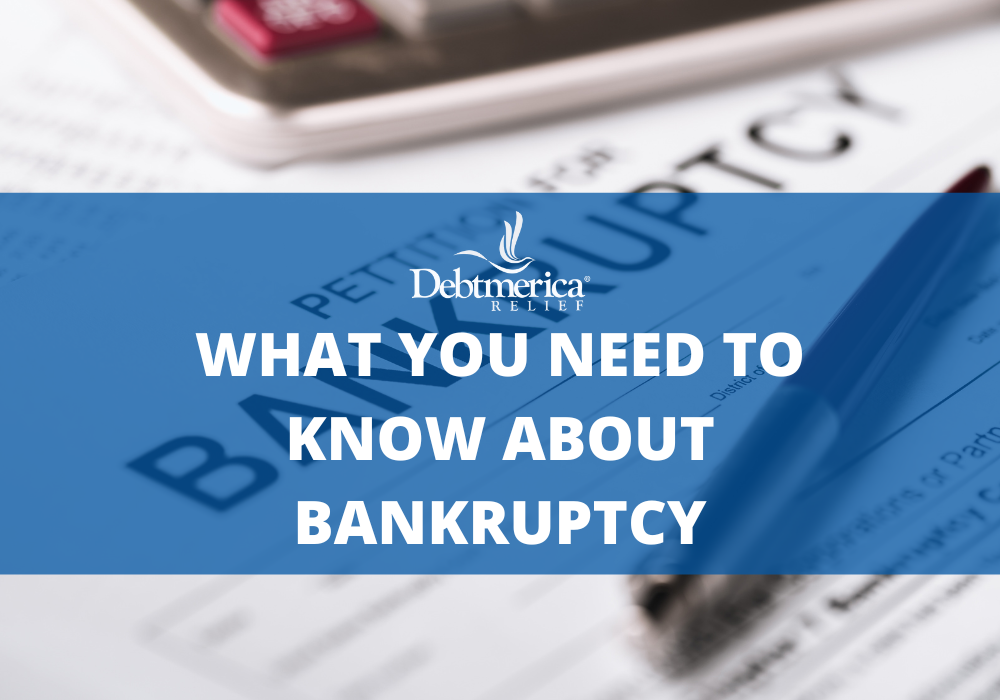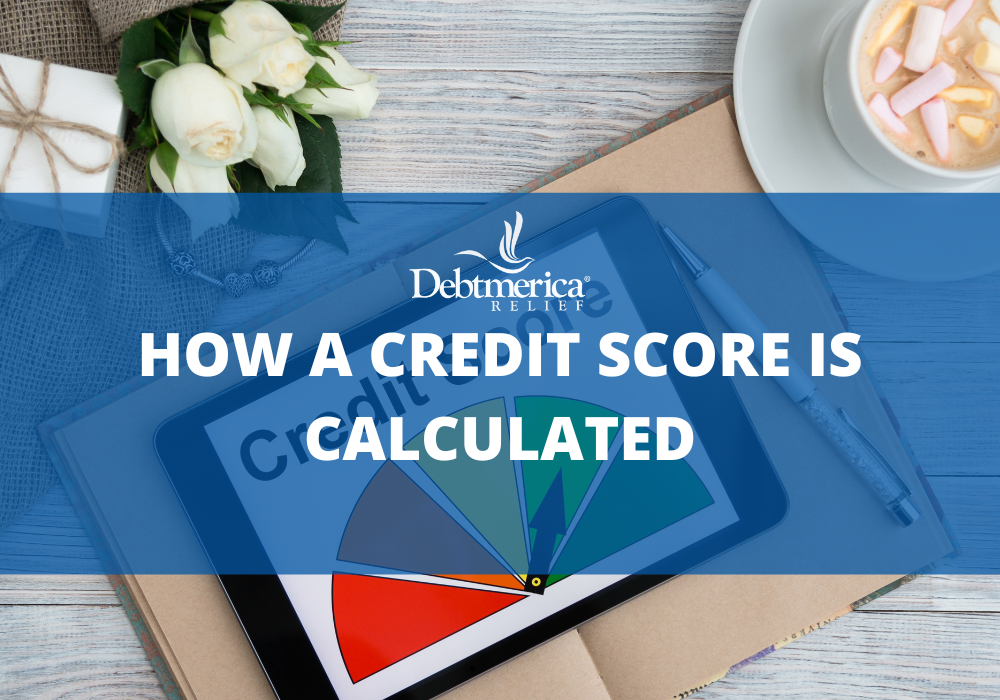What You Need to Know About Bankruptcy

Sometimes debt becomes so unmanageable that bankruptcy appears to be the only solution. While bankruptcy seems like a fresh start, you should know and understand the process and consequences before going through with it.
What is Bankruptcy?
There are two common types of bankruptcy – Chapter 7 and Chapter 13. Chapter 7 bankruptcy is the simpler and quicker of the two, and it requires you to liquidate your non-exempt assets to wipe out your unsecured debt. If you do not have many assets to liquidate and have lower income, this might be a better option than Chapter 13. Chapter 13 allows you to keep all assets in exchange for a full or partial repayment of your debt.
Which Debt Cannot Be Forgiven?
Some debts are unforgiveable, so you should prepare to possibly retain some of your debt including:
- Student loan debt (at least for now)
- Alimony
- Child support
- Reaffirmed debt
- Taxes and tax liens
- Government fines
- Court fines
Am I Eligible for Bankruptcy?
In order to file for Chapter 7 bankruptcy, you must meet a few requirements:
- You must complete a credit counseling course within 180 days of filing
- You must pass a “means” test, which determines if you are financially able to make payments to creditors
- You can’t have filed a Chapter 7 bankruptcy in the past eight years
- You can’t have filed a Chapter 13 bankruptcy in the past six years
- If you filed for bankruptcy but your case was dismissed, you must wait at least 181 days before filing again
Chapter 13 has a few unique eligibility requirements since it requires monthly debt repayment.
- You must have steady income
- You can’t have filed a Chapter 7 bankruptcy in the past four years
- You can’t have filed a Chapter 13 bankruptcy in the past two years
- As of 2023, you must not have a combined secured and unsecured debt totaling more than $2,750,000 as of the date of filing.
How Do I File for Bankruptcy?
For this type of drastic action, you’ll want to hire a bankruptcy attorney to avoid any mistakes that could result in your case being dismissed. If your case is dismissed, you’ll need to wait another six months before filing again.
Once you file a Chapter 7 bankruptcy correctly, creditors will stop collecting payments, garnishing wages, repossessing your assets, and so on. A bankruptcy trustee will be assigned to your case to review your finances, sell your assets and pay back creditors. After about six months, the court will discharge any remaining forgivable debt.
Chapter 13 works a bit differently. In this case, the court and your attorney will negotiate a three-to-five-year repayment plan that will cover all or some of your debt. After you make your final payment, your debt is discharged.
Consequences of Filing for Bankruptcy
The consequences of filing for either type of bankruptcy are severe. If you file a Chapter 7 bankruptcy, you will likely lose your assets and the bankruptcy will remain on your credit report for ten years. If you file a Chapter 13 bankruptcy, it will remain on your credit report for seven years. Having these delinquencies on your credit report can indicate to other lenders that you had issues paying back debt, which can result in a rejected loan or an approved one with unfavorable terms.
Should I File for Bankruptcy?
Bankruptcy should be viewed as a last resort when you cannot pay your debts. Before considering bankruptcy, you should try to work with your creditors to settle your debts. This task alone can take a toll on anyone under financial hardship. Debtmerica has over 16 years of experience in providing relief to our clients whose financial burdens have become too much to handle. If you need help with debt, give us a call at 800-470-8155 for a free consultation.



